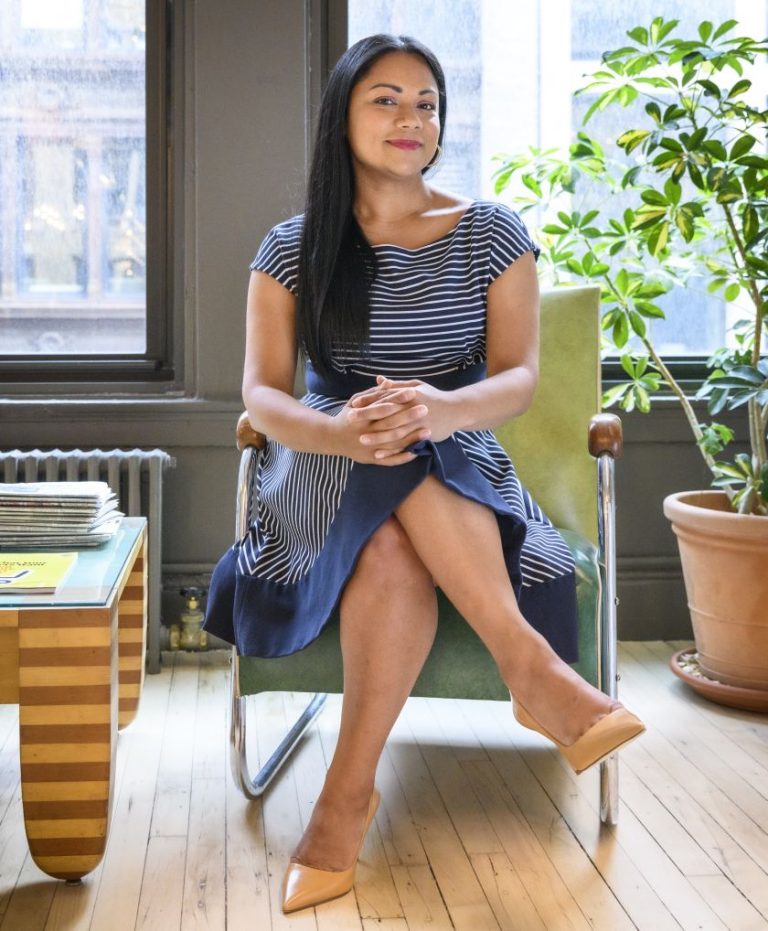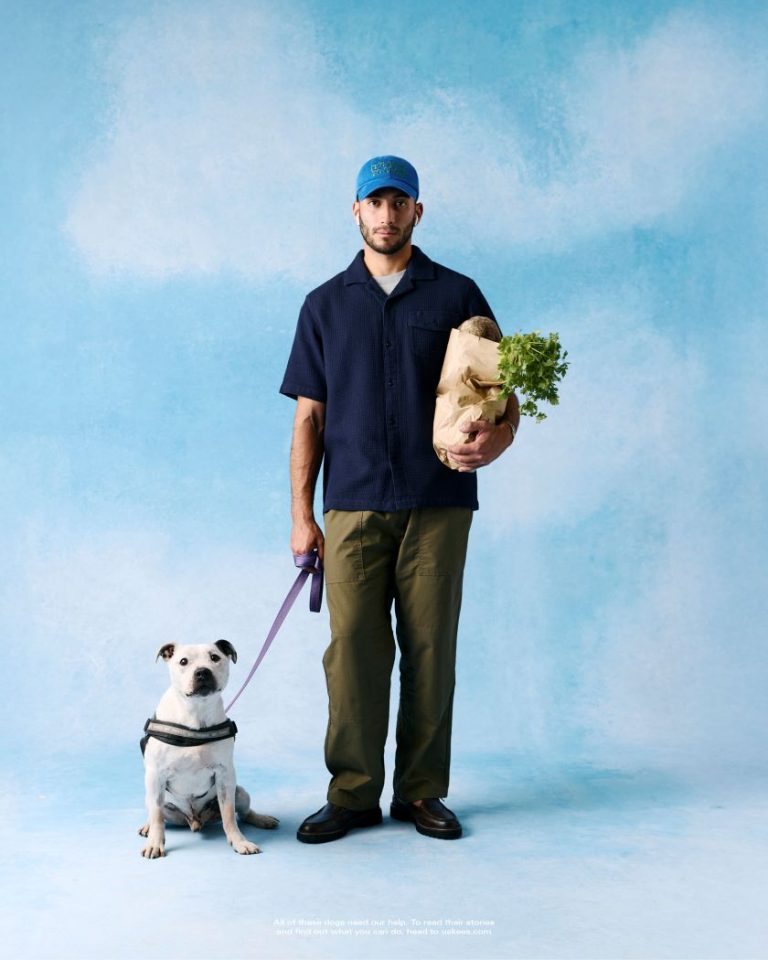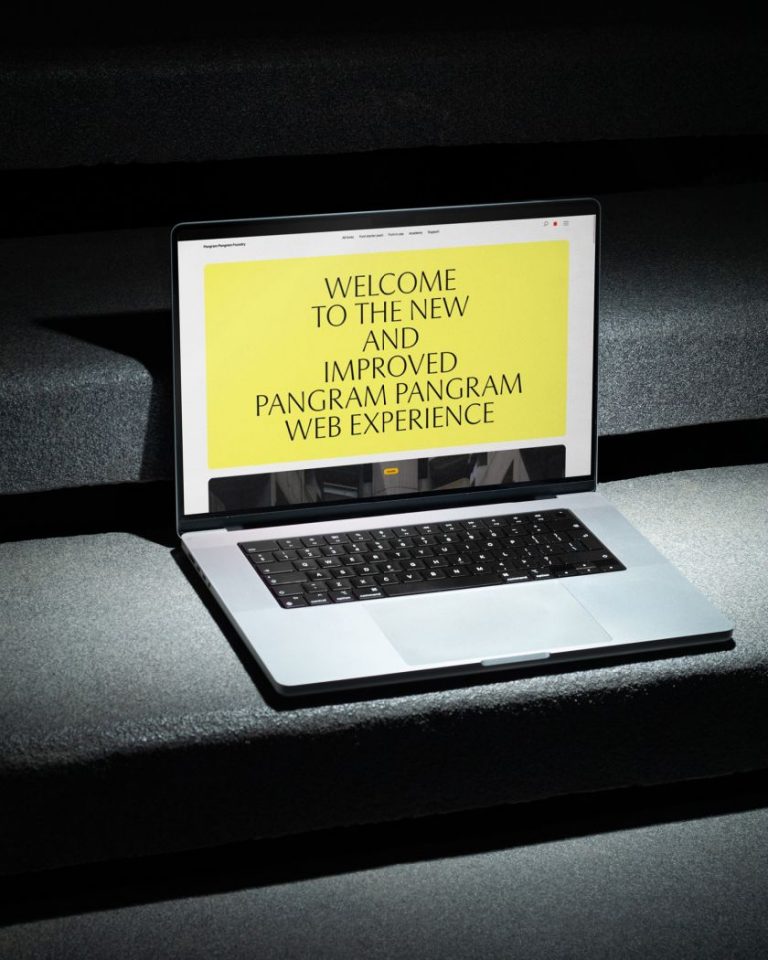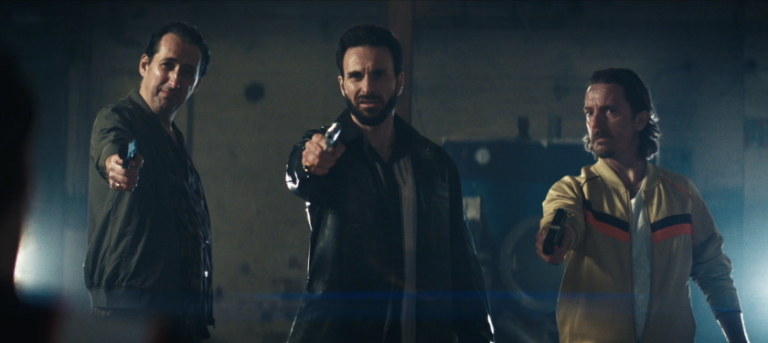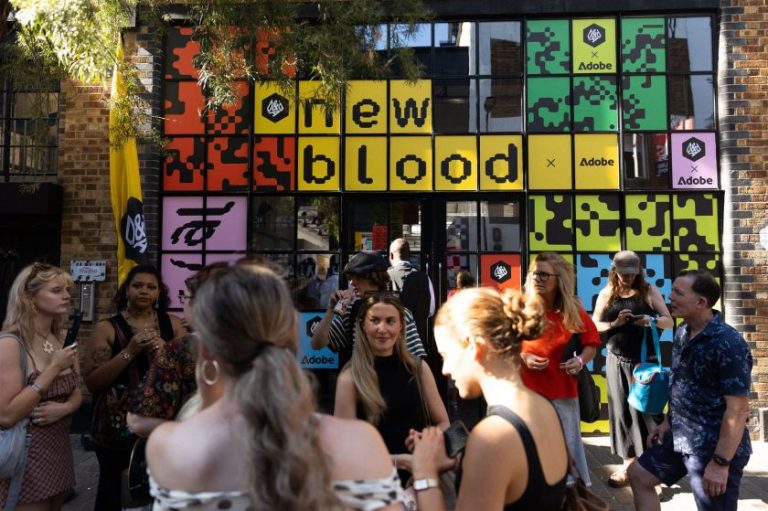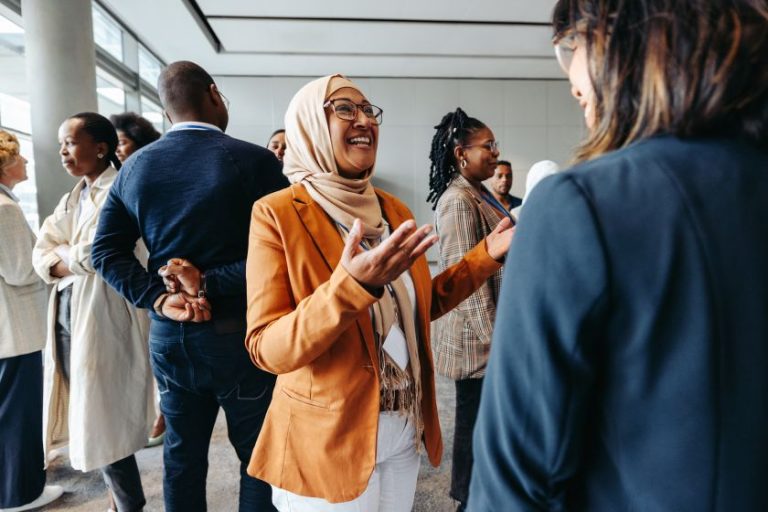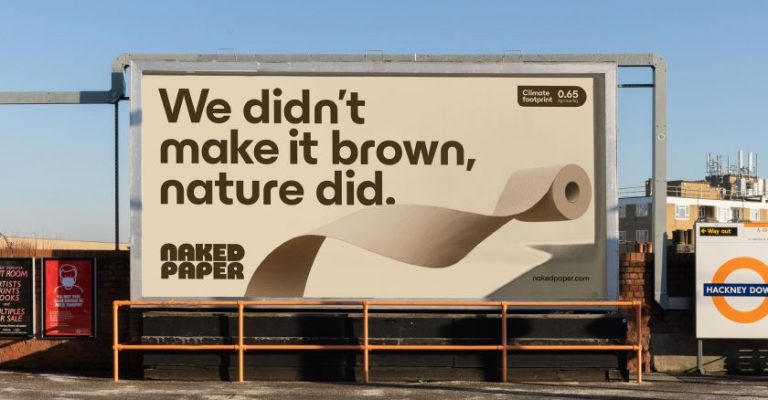Image licensed via Adobe Stock. Credit: Willrow Hood – stock.adobe.com
You don’t just need technical skills to succeed in the creative industries. You also need the soft people skills that will make people want to work with you. We gather the best advice on how to win friends and influence people.
You see them everywhere on Twitter. You meet a few in real life, too. Fellow creatives who seem to go out of their way to rub you up the wrong way.
They might shoot you down over a valid opinion, be condescending and talk down to you, or just be plain rude. And no, it’s nothing you’ve done wrong. They’re just what’s technically known as an arse.
Quite honestly, we’ll never understand why some characters choose to make life difficult and miserable for themselves. But at the same time, it makes you wonder: are you so perfect yourself?
It’s easy to criticise others, but maybe other people are saying the same about you. Behind your back, could they be slagging you off as “difficult to work with” or worse? We’d all like to think not and assume everyone loves us. But it could well be the opposite. After all, people rarely tell you these things to your face; they just make excuses and move away from your orbit. Often so deftly you don’t even notice.
The uncomfortable truth is that being a people person takes a bit of effort. Firstly, you need to be willing to think about your behaviour and interactions carefully and objectively. And secondly, you can’t just passively be “nice”; you have to put in the hours to listen to others, make friends, help people, and more.
Is it all worth it? From a career point of view, the answer is an unqualified yes. Because if you’re being perceived in a negative light, it will seriously limit your career opportunities. Conversely, in an industry where collaboration and networking are crucial, being likeable and supportive can significantly boost your success.
To point you in the right direction, we canvassed the Creative Boom community for their thoughts, ideas and suggestions on being positive and making people genuinely love working with you. We share their best advice in the article below. Meanwhile you can see the entire discussion on Twitter and LinkedIn.
1. Be sociable on social media
We’ll start with a topic that’s pretty thorny right now. Many creatives are saying social media is over, for all sorts of reasons, and we certainly wouldn’t say using it is compulsory. But conversely, if you’re finding social media a depressing experience, could it be that you’re just not using it in the right way?
That was certainly the case for creative communicator and illustrator Aelfleda Clackson. “It all turned around for me once I decided to stop using social media to stalk people online and instead to actually ‘be sociable’,” she reveals. “I actively started reaching out to other creatives whose work I like, sending them a quick DM or an email.
“My idea behind it was: they can’t read my mind; how would they know that their work is appreciated if I don’t tell them?” she adds. “This has led to inspiring conversations about art and design and many online friendships I would never have had otherwise. I always meet people I know at design conferences; it’s so cool.”
It’s also had another positive effect; she no longer puts others on a pedestal, which is one of the biggest pitfalls of using social media. “Once you’ve had an honest conversation about what goes into building a creative career and the many struggles involved, it makes it easier to understand the journey,” she explains. “And the feeling that ‘everyone has it easy except for me’ disappears.”
So, what’s the secret to making the best of social media? Start by recognising that most media platforms are constructed like addictive video games, with “scores” in terms of likes and follower counts. So it’s natural to see them in this way: an arena of winners and losers. But it doesn’t have to be like this.
Instead of worrying about whether you’re “performing” on social media, just think about what you want to get out of it and focus on that alone. Then, you’ll find it much easier to get out there and meet people, build a real network, share stories and experiences, and help each other out. Try it; it works.
2. Be curious
We all like the idea of being a people person in theory. But let’s be honest: many of us find making friends hard. And even having a brief conversation with people we don’t know can be agonising. At the same time, we’re all trying to project confidence while suffering inside. It’s not a good combination, to say the least.
If that’s the case for you, then here’s some good advice from Dan Srokosz, creative director at AUK. “I’ve found that being kind and curious is the key. It’s a very disarming combination that makes for much more meaningful and interesting conversations, whether with an intern or a CEO. Interested people are much more interesting.”
So, what might that look like in practice? Brand designer and creative director Paul Andrew gives a real-world example. “I’d like to think I’ve always been more optimistically minded, and one of my studio projects was set up specifically to support the local community,” he explains. “Getting to know people on a more personal level, rather than just as potential clients, has helped to open more doors and forge more friendships. It’s not always particularly profitable but rewarding in other ways.
“In terms of spreading the positivity,” he continues, ‘I think it was Tom Actman who always used to sign off his posts with ‘If you give love, you get love’. That’s a mantra I’ve also adopted, and always make an effort to support and champion the wonderful work of others.”
I’ve found that being kind and curious is the key. It’s a very disarming combination that makes for much more meaningful and interesting conversations.
3. Be generous with your time
One of the most identifiable traits of a ‘people person’ is their generosity. But while we often think of generosity in terms of wealth, it’s being generous with our time that’s most highly prized by others.
“I’ve found that being generous with my time has helped me progress in my career,” says Imriel Morgan, CEO of Content is Queen. “I don’t believe in gatekeeping knowledge, so people have always referred me to opportunities because I always try to provide value, even when I’m not paid – although I’ve since created boundaries to avoid exploitation.”
You’ll find similar advice from creatives across multiple sectors for one simple reason: it works. Here’s a typical anecdote from Ben Mottershead, founder of Studio BND. “I used to give up a lot of my time to students,” he recalls. “I’d mentor, give portfolio reviews and feedback on projects, all pro-bono. About six years ago, I did a lot with the third-year students of Hertfordshire University.
“A few years later, the head of course at Herts, Nick, posted on Linkedin that he was after a visiting lecturer,” Ben continues. “It said the person must have Top 10 agency experience, etc, which I didn’t have. I liked his post so my network could see it and moved on.”
A few days later, Ben got a message out of the blue from Nick, saying that his students had been raving about him and only ever had nice things to say. And would he be interested in the position? He’s since been a visiting lecturer at Herts for the last five years.
“This experience has not only helped me with my own creative abilities and understanding, but it’s also allowed me to make contacts with D&AD and become a judge, win pitches due to my involvement within education, and also become a member of an advisory board. I’ve made friends and helped graduates secure their first creative role all around the world. And it all started from just being willing to give up my time doing portfolio reviews and appearing on a podcast.”
4. Do good and help people
It’s this kind of philosophy that drives many freelancers and agencies, and Richard Brandon Taylor, founder at branding agency Brandon, is among them. “We talk about positive intent and the energy this delivers, with one of our values being ‘HumanKind’,” he explains. “Much of this was born from a powerful quote attributed to Robin Williams: ‘Everyone you meet is fighting a battle you know nothing about. Be kind. Always’.
“It’s difficult to quantify whether it boosted our success,” Richard adds. “But for us, it’s not about that; it’s more about doing the right thing and helping the human in front of you in whatever way you can.”
Luigi Carnovale, creative director at Design LSC, agrees. “I’m a people person, and I feel strongly about doing at least one constructive and positive thing for someone every day,” he says. “Invest time in people, and you’ll enjoy a long and fulfilling career.”
And doing good can do you good, too. Here’s an example from senior freelance copywriter Jonathan Wilcock. “I took a younger copywriter under my wing, giving lots of advice,” he remembers. “Lovely chap. We’d have general copy chats. He’d text me whenever he hit a brick wall. We got on famously. Then I get a call a year or so later. ‘I’m thinking of starting a design agency; any advice?’ We talked it through at length. The next thing I know, he’s commissioned me to come up with a name, strapline and all the web copy. One of the best briefs I’ve ever had. Karma, baby!”
Of course, none of this is a cakewalk. “Being kind to others takes that little extra effort,” says Dom Edwards, designer at Onwards
and co-founder of The Arena. “You have to listen, understand and offer support however you can. People might not always see your acts of kindness, but they feel it. And that feeling is what makes a people person. I wouldn’t be where I am, as a designer or with my mental well-being, if kindness wasn’t at the heart of everything.”
5. Push yourself out there
This all sounds very well, you might think. But when you’re always busy, always chasing deadlines, always at the beck and call of clients, how do you actually manage to do it? Well, the simple answer is that you have to make time. Then there’s a more subtle answer, which is to ask yourself: Am I really too busy? Or am I using that as an excuse because deep down, I’m scared of rejection and don’t want to put myself out there?
If the honest answer is yes, you must start pushing yourself outside your comfort zone. Ultimately, this is the bedrock on which success will happen for you. And remember, you’re not alone: others may look super-confident, but most of us feel the same under the surface.
llustrative designer and art director Lisa Maltby is living proof of that. “Throughout my freelance career, I have always pushed myself to connect and say hi to others, even though it feels scary,” she says. “I connected with Ben Tallon years ago off the back of a feedback email he sent about his podcast, and I ended up being invited on as a guest. He’s now a great connection, and he also introduced me to others in his studio, such as Danielle Molyneux and Laura Boast. I also connected with Karl Doran on Twitter years ago; recently, he kindly helped give some career advice to a mentee. So kindness just gets passed on. Sometimes trying to connect with people falls flat, and other times it enables great friendships and collaborators.”
I wouldn’t be where I am, as a designer or with my mental well-being, if kindness wasn’t at the heart of everything.
6. See networking as friendship
The word ‘networking’ can be off-putting, summoning up visions of sleazy salespeople talking jargon-laden BS at each other. But in the creative world, it’s not like that at all. Ultimately, every creative business is about people. So if you’re someone people like and enjoy chatting with, and you put in the work to build a relationship of mutual respect (expecting nothing in return), things will naturally happen.
Essentially, then, the best approach is not to overthink it. That’s certainly worked for 2D motion designer Patrick Gallagher.
“I found the solitude of freelance forced me to be a people person,” he explains. “And I was pleasantly surprised that you’re not ‘networking’; you’re just making friends with people who share a mutual interest. The resulting projects are just the cherry on top.”
7. Don’t expect to be perfect
Following all the advice in this article will help you become more of a people person and boost your career. But at the same time, there’s no need to kill yourself over it. “Being kind and using empathy as a guide is wonderful, but in reality, I think if we’re all honest, it’s incredibly hard to do 100 per cent of the time,” says Cat How, CEO, founder and creative director of How&How branding agency. “Incredibly more so if you run a business where, invariably, you will have to make some tough decisions.
“If you have to let someone go, for example, that could be seen as unkind to them, but if you’re doing it to protect the rest of the team and make sure they keep their jobs, then that can be seen as an act of kindness for the greater group. So, I think kindness is nuanced. However, how you deliver that bad news is how you can show kindness on a more personal level. So I think you can never go wrong with showing you care.
“In terms of being a ‘people person’, that too can be seen in different ways,” she adds. “Do extroverts get ahead and introverts not? I wouldn’t be so sure… And I would certainly hope not! I know lots of CEOs who would describe themselves as introverts.”
Conclusion
So what have we learned? In short, becoming a people person isn’t easy: it takes determination, persistence and a willingness to step out of your comfort zone. But freelance motion designer Fee Sheal certainly thinks it’s worth it.
“My advice to graduates has always been that being a nice human will take you way further than a killer portfolio ever will,” she says. “And I still fully stand by that. Being a freelancer, I honestly think half the job is being a ‘people person’ and making connections so that you’ll be recommended and clients will want to come back and work with you, time after time. I have a client I worked with once on the teeniest of projects, yet I’ve had about four or five new clients come to me on his recommendation.”
Creative director Barrington Reeves concurs. “In my experience, being a good designer is only half the battle,” he says. “The real work is in being able to chat to clients, convert leads and ultimately be a fun and easy person to work with. I think that’s what often sets apart people who excel in growing agencies and winning lots of work.”
And if you don’t know where to start, here’s a handy checklist from design leader Marie Boulanger. “Kindness and genuine interest in people has advanced my career more than anything else,” she enthuses. “That means saying yes when people invite you to things, ask for advice or mentoring. It means doing free portfolio reviews for students in need of guidance. It means being empathetic and assuming the best intentions when a coworker isn’t showing up how you expect them to. It means removing yourself entirely from a competitive mindset and building a collaborative one. I have lost count of how doing this has improved my life, at work and beyond.”
And there’s more. “It also means sending out greeting cards at the end of the year to all the professional acquaintances who made it a great one,” she continues. “And it means sending out a genuine and specific compliment to someone about their work, rather than just liking it on Instagram. These practices have made me a better creative leader, and I feel like my career has blossomed as a result.”

